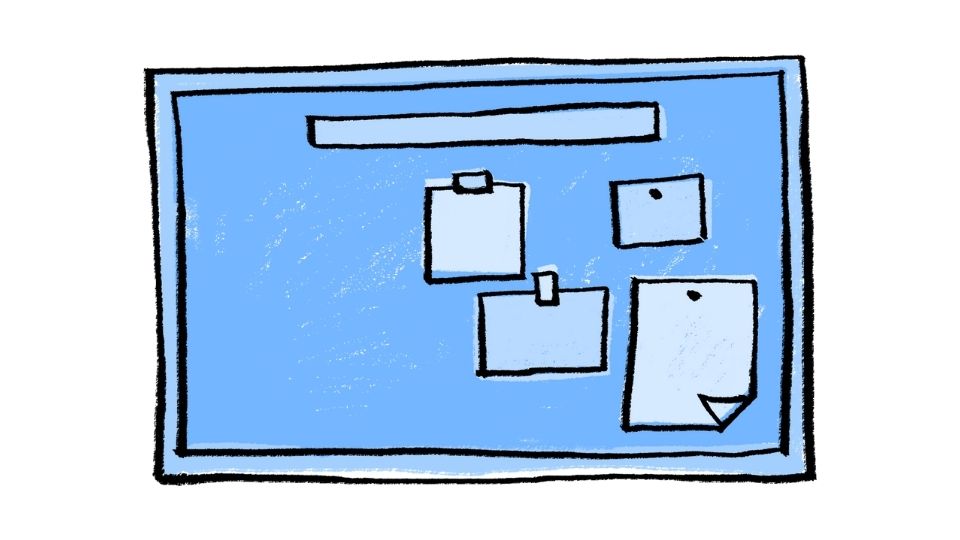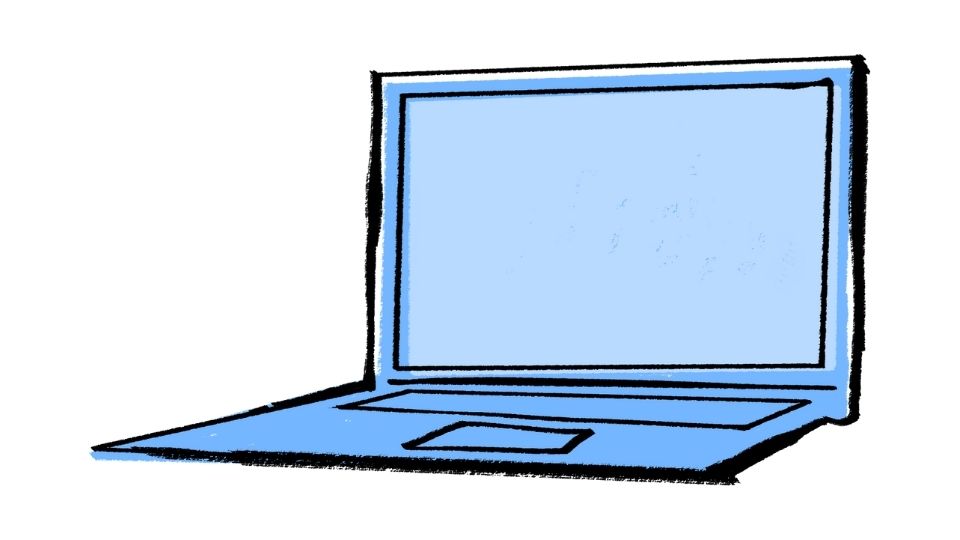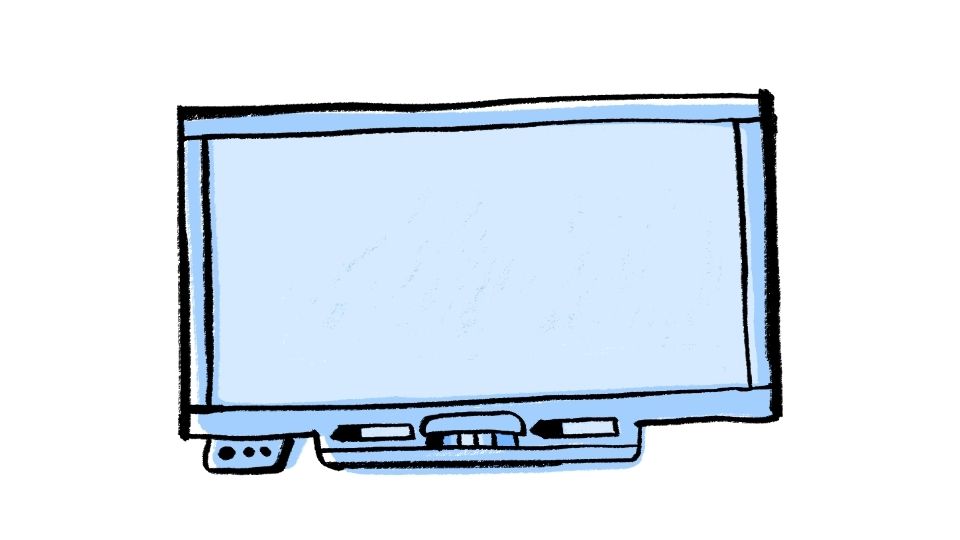Ever needed to skip work but felt guilty about making up an excuse?
Been there. Whether it’s a mental health day you desperately need or a genuine emergency, sometimes you just can’t make it to work. But nobody wants to sound like they’re lying or damage their professional reputation.
I’ll break down the most credible excuses that won’t make your boss raise an eyebrow, plus how to communicate them effectively. Because let’s be honest – life happens, and sometimes you need a bulletproof way to take time off.

Why You Need Legitimate Excuses (Not Lies)
Using accepted, honest reasons for missing work builds trust with your employer. According to workforce studies, the most commonly accepted absences involve family emergencies, health issues, and mental well-being – accounting for about 90% of legitimate workplace absences in America.
Employers actually respond pretty well when you’re straightforward and give advance notice when possible. But use too many suspicious or overused excuses? Your credibility takes a hit, making future time off harder to justify.
Think of it this way: your reputation is a bank account, and sketchy excuses make withdrawals.
9 Bulletproof Excuses That Actually Work

1. Personal Illness or Medical Issues
This is the gold standard of excuses. Nobody wants you spreading your germs around the office anyway.
Examples that work:
- Contagious illnesses (flu, COVID, etc.)
- Sudden migraine or severe pain
- Medical appointments you couldn’t schedule outside work hours
How to handle it: Text or call your boss as soon as you know you’re too sick to function. Keep it simple – “I’ve come down with [illness] and won’t be able to make it in today. I’ll keep you updated on my recovery.”
If you need multiple days, most employers will request a doctor’s note, so be prepared to provide one.
2. Family Emergencies
Family comes first – most reasonable bosses understand this.
Examples:
- Sick child or dependent
- Family member in the hospital
- Unexpected care-giving duties
The key here is to be upfront about the expected length of your absence and your availability. Something like: “My daughter woke up with a high fever and needs to see a doctor. I’ll need to be out today, but I should be back tomorrow unless things worsen.”
3. Death of a Loved One
Nobody questions bereavement leave. Most companies have specific policies allowing several days off for grieving and funeral arrangements.
Just inform your employer promptly and check your company’s bereavement policy. The more direct family member, the more understanding employers typically are.
4. Home or Property Emergencies
Some things just can’t wait until after work hours.
Strong examples:
- Burst pipes flooding your home
- Break-in or vandalism requiring immediate attention
- Power outage affecting remote work capability
A message like “I had a water pipe burst in my home this morning and need to wait for emergency repairs. I won’t be able to come in today” works perfectly.
5. Jury Duty or Legal Obligations
This is the ultimate bulletproof excuse because it’s literally mandated by law. Employers cannot legally refuse jury duty as a valid absence.
The smart move: present your summons immediately to prevent any misunderstandings and build trust.
6. Transportation Issues
Car troubles or hazardous road conditions are completely legitimate reasons to miss work.
Examples:
- Vehicle breakdown or accident
- Dangerous weather making travel unsafe
- Public transportation strikes or major delays
Best practice: Notify your supervisor ASAP and offer alternatives like remote work if your job allows it.
7. Mental Health Days
Mental health is finally getting the recognition it deserves as a valid reason for absence. Taking a day to manage stress, anxiety, or burnout can prevent bigger problems down the road.
Many progressive companies now specifically include mental health days in their wellness policies.
You might say: “I need to take a personal day to focus on my health and well-being. I’ll be back tomorrow refreshed and ready to work.”
8. Important Appointments
Some appointments can’t be scheduled outside work hours, especially if they’re hard to get or with specialists who have limited availability.
Examples:
- Medical specialists
- Dental emergencies
- DMV appointments
- Childcare or school meetings
Clear communication works best: “I have a specialist appointment tomorrow morning that I’ve been waiting three months for. I’ll be in the office by noon.”
9. Identity Theft or Financial Emergencies
These urgent situations require immediate attention and are completely valid reasons to miss work temporarily.
Examples:
- Identity theft requiring immediate action
- Bank account freeze or fraud alert
- Urgent tax or financial issues
How to Use These Excuses Effectively

For any excuse to remain bulletproof:
- Notify early: The sooner you let your boss know, the better they can plan around your absence
- Be honest but concise: You don’t need to overshare personal details
- Follow company policy: Provide documentation if required
- Communicate availability: Let them know when you’ll be checking messages
- Respect privacy boundaries: You have a right to keep personal matters private
Excuses to Avoid (They’re Too Transparent)

Some excuses immediately trigger suspicion or make you look unprofessional:
- “I overslept” (unless it’s a rare occurrence)
- Vague “personal reasons” used repeatedly
- Minor, non-urgent issues (like a slight headache)
- Excessive use of the same excuse
Employers value transparency and responsibility. The research shows that bosses are much more understanding when you’re straightforward about legitimate needs rather than trying to craft elaborate stories.
Quick Reference: Excuse Categories and Tips

| Excuse Type | Example | Communication Tip | Documentation Needed? |
|---|---|---|---|
| Personal Illness | Flu, migraine | Notify early; keep updated | Sometimes (for extended absence) |
| Family Emergency | Sick child | Immediate notification | Rarely |
| Bereavement | Death in family | Prompt notice | Sometimes (funeral notice) |
| Home Emergency | Burst pipes | Explain urgency briefly | No |
| Jury Duty | Court summons | Provide summons immediately | Yes (official summons) |
| Transportation | Car breakdown | Alert ASAP | No |
| Mental Health | Stress, burnout | Respectful request | Varies by company |
| Appointments | Doctor, DMV | Advance notice | Sometimes |
| Financial Emergency | Identity theft | Brief explanation | Rarely |
Remember, the goal isn’t to make up fake excuses but to communicate your legitimate needs effectively. A survey by CareerBuilder found that 38% of employers have checked up on workers who called in sick – so honesty really is the best policy.
Life happens to everyone – even your boss. Most reasonable employers understand this, and with proper communication, these bulletproof excuses will help you take the time you need without damaging your professional reputation.




